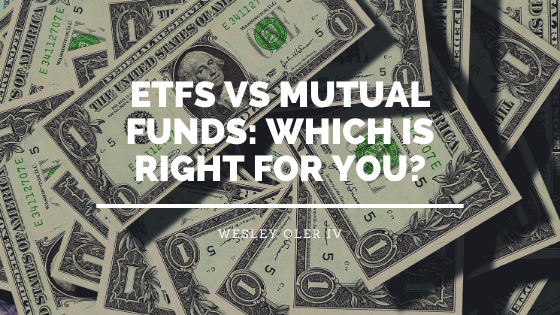For people who want to invest their money without having to actively make trades on the stock market, there are options. Two major types of funds are called mutual funds and exchange-traded funds (ETFs). An exchange-traded fund is an investment fund that is traded on stock exchanges, much like regular stocks. An ETF might contain assets such as stocks, bonds, or commodities. A mutual fund is an open-ended, professionally managed investment fund that pools money from many investors in order to purchase securities.
ETFs are becoming very popular because of robo-advisors. These are very popular with millennials and other people not familiar with how to trade funds. These digital platforms use algorithm-based financial planning with little to no human supervision.
ETFs track an entire stock market index, but they are traded throughout the day like stocks. The prices are based on supply and demand but they cannot be used for day trading, the investor must wait a few days before selling to avoid penalties. On the other hand, even if a mutual fund is based on an index, they are always priced and traded at the end of every trading day, not as a constant, dynamic process. ETFs might require commissions based on trades but that is becoming more and more uncommon.
These two types of funds are also managed quite differently. When an investor buys into an ETF, it’s typically purchased from another investor, meaning the buyer pays the capital gains tax on that one sale. Mutual funds, however, will always incur higher capital gains taxes because they’re actively managed, meaning sold more than once. When there is a gain, the capital gains taxes are passed on to everyone who has shares in the fund, even if they never sold shares.
Another main difference is the minimum amount required to invest. An ETF only asks for enough money to trade a single share. This can range from as little as $50 to a few hundred. By contrast, in order to open a mutual fund, private investors need a few thousand to open an account. One of the reasons ETFs are so popular is that they offer the same diversification benefits as mutual funds, but the investor pays a lot less.
